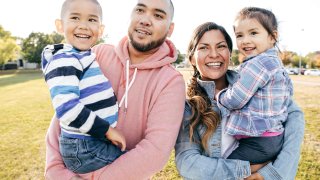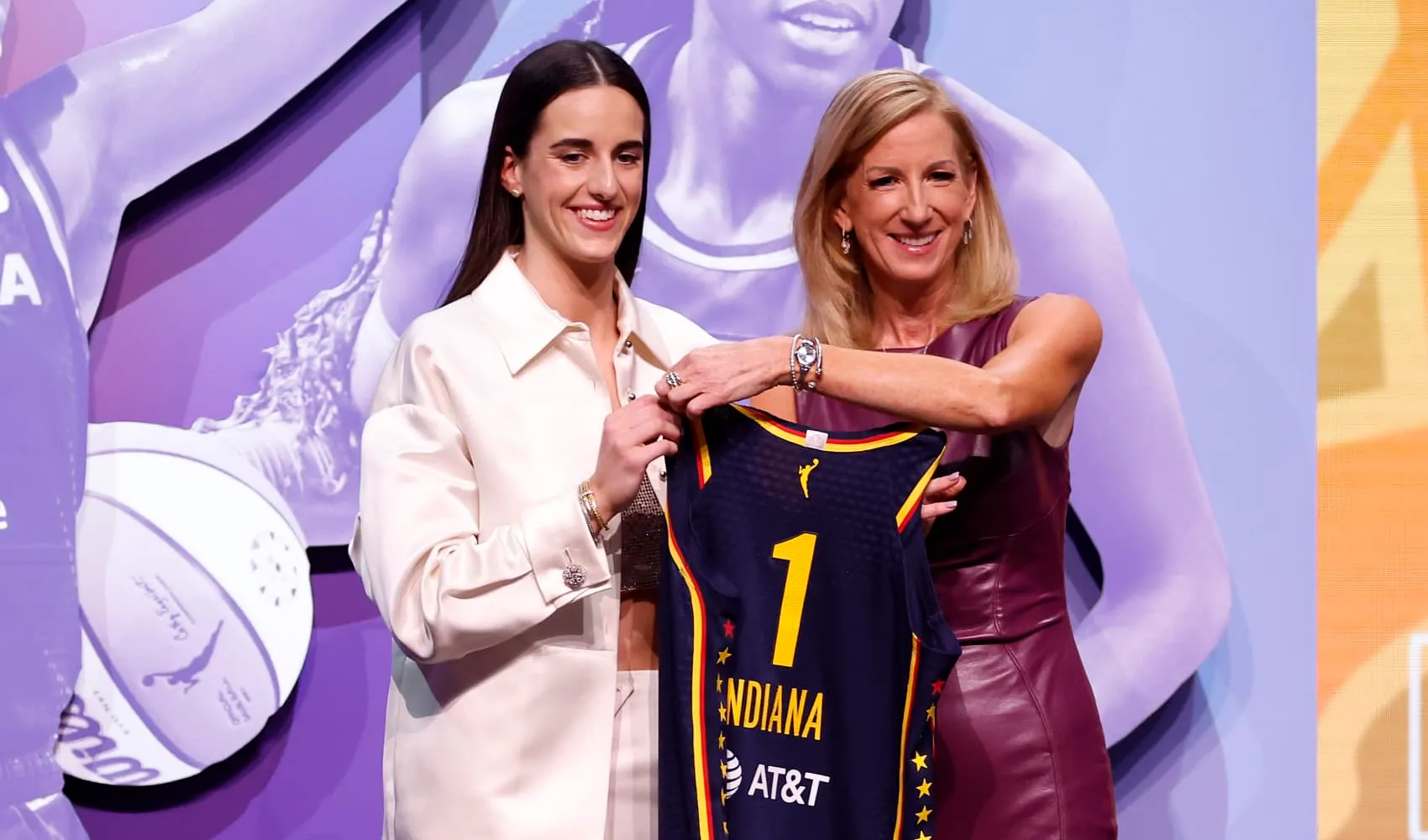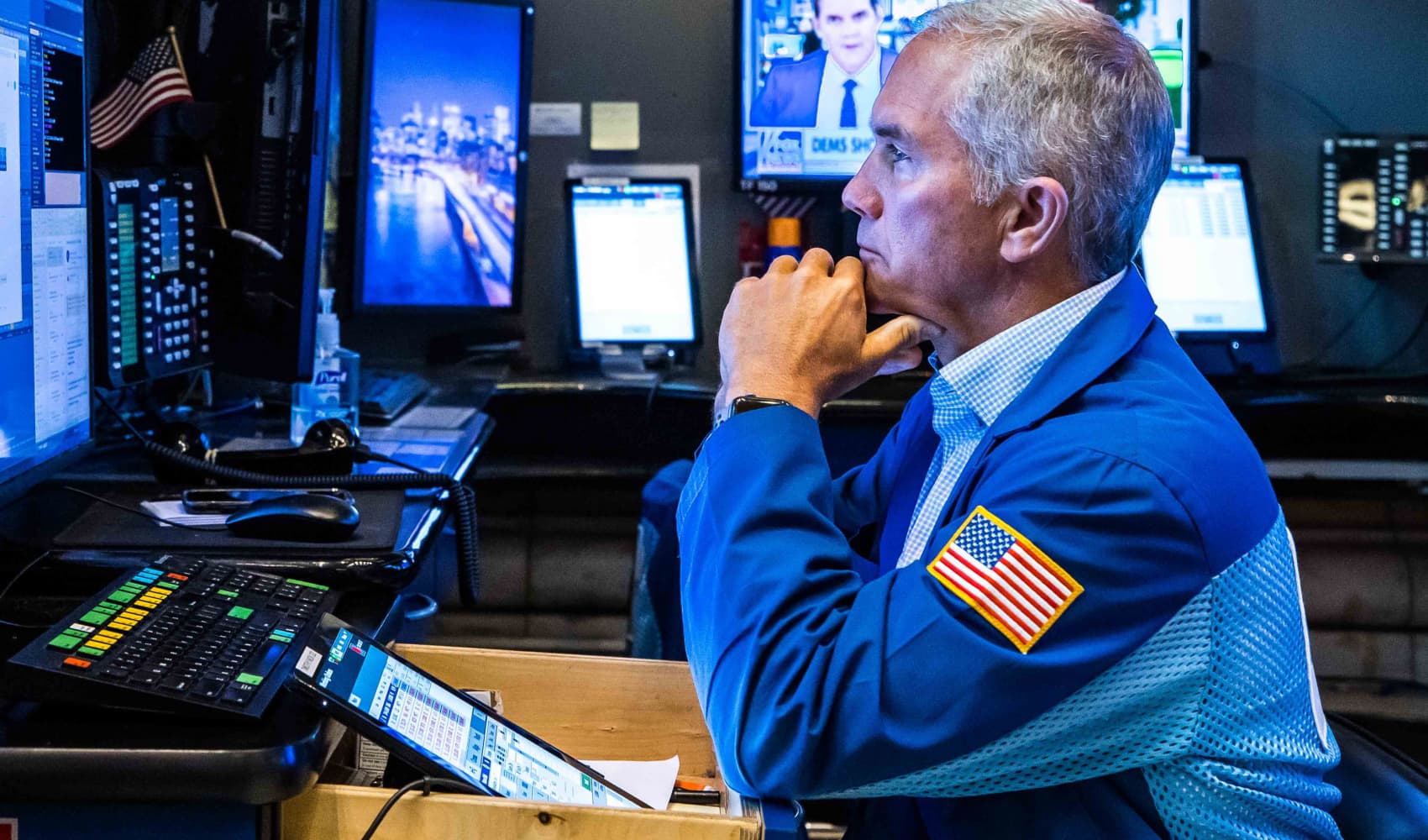
When Sherose Badruddin, 38, joined her local Buy Nothing group in Chapel Hill, North Carolina, five years ago, she did it purely to save money. As a single mom, she was on a tight budget.
"I joined my Buy Nothing group in 2016 to get free stuff; I thought that was all it was," she said. "Very soon after that, I learned that it was so much more."
She found new clothes and shoes for her son, who was 5 years old at the time, and connected with families in her community that she wouldn't have otherwise met, she said.
More from Invest in You:
How to prevent fear and anxiety from ruining your financial life
Op-ed: Why your financial problems make perfect sense to a psychologist
Equifax will now offer credit reports in Spanish
Feeling out of the loop? We'll catch you up on the Chicago news you need to know. Sign up for the weekly Chicago Catch-Up newsletter here.
In addition, she realized that even though she was working to cut spending, she had a lot to give – when her son outgrew toys and clothes, she gifted them back to the community.
"I suppose I could've taken them to a thrift store," said Badruddin, who works at a local library and later became an administrator of the Buy Nothing group in Chapel Hill. "But the opportunity to be able to give to a neighbor feels really good."
A boom during the pandemic
Money Report
Groups that promote gift-giving and exchanging goods and services for free have been around for some time. The Freecycle Network was founded in 2003 by Deron Beal to recycle items and Buy Nothing was started by Liesl Clark and Rebecca Rockefeller in 2013 as a social experiment on a local gift economy and to cut down on plastic use.
Both groups experienced growth during the coronavirus pandemic. Buy Nothing grew by a third in a year, according to its founders, and now has 4.27 million participants in more than 44 nations around the world using more than 6,800 Facebook groups (an app is also in the works and launching soon.)
During the pandemic, "communities came to realize that one of the biggest ingredients of resiliency is sharing, is relying on your neighbor," said Rockefeller, adding that during lockdowns, many people comfortable or able to go to stores but felt safe doing a contactless pick-up of a sanitized item from a neighbor's porch.
Freecycle experienced an uptick in activity during the pandemic, something Beal also noticed during the Great Recession more than a decade ago. The organization now has about 9 million members and is in more than 5,000 local communities across the globe.
"The growth of our organization is completely counter-cyclical," Beal said.
The budget saver
For Kate Muth, 44, her local Buy Nothing group in Brooklyn, New York, has meant her family has been able to try things that wouldn't be included in a budget or she'd never think to buy.
This includes a pullup bar, which she snagged for one of her daughters — she has two, ages 4 and 9 — during the pandemic.
"That's a fun thing that I never would have spent the money on," said Muth, a customer experience strategist.
On occasion, the group has also shielded her from a repeat purchase, as was the case with her blender. She'd given one away a few years ago but recently thought it might be nice to have again. Instead of going to the store, she was able to get one from the community.
These gift-giving groups can be a help to people who are working on spending less or trying to be more mindful with their wallet, said Tania Brown, a certified financial planner and coach at SaverLife, a nonprofit focused on helping low-income Americans save money.
Brown herself felt compelled to consume less during the coronavirus pandemic and imposed a no-spend challenge on her family for one week as an experiment. It ended up going so well that she now recommends similar challenges to interested clients.
"The core of it is mindful intentionality about your spending," she said, adding that being part of a gifting group can help you slow down knee-jerk, emotional spending by looking for something within one's community.
For those who are interested in spending less or being a more mindful consumer, Brown recommends starting small.
"It could be as simple as no spend in one item that you typically buy impulsively, or a week without credit cards," she said. "It doesn't have to start with this massive change.
Environmental impact
To be sure, such groups were first and foremost started with environmental goals — to help people recycle better and consume less. While there are financial benefits, both founders and members say that they're often driven to join groups to be more sustainable and connect with their community.
"I feel that it has more of an environmental impact because we throw fewer, things away," said Ramona Monteros, an administrator for Buy Nothing Noho Arts (North) in Los Angeles. While she has gotten things from her group, she has been more active on the giving side – donating clothes and toys that her two young boys have outgrown, for example.
"I have so much stuff that I need to get rid of, and someone else can use it," said Alison Kamat, 69, a retired librarian who lives in a suburb of Washington, D.C., and volunteers with Freecycle.
There's also the thrill of finding something that you're excited to use, or that can have a new life with a little elbow grease.
Recently, Kamat found one such item — someone in her local Freecycle group posted a fajita pan that had been left outside all winter.
"I spent a whole morning sanding it down and making it really nice, seasoned it and it's a great pan now," Kamat said. "It was really worth the effort; I was really proud of myself."
SIGN UP: Money 101 is an 8-week learning course to financial freedom, delivered weekly to your inbox.
CHECK OUT: How to make money with creative side hustles, from people who earn thousands on sites like Etsy and Twitch via Grow with Acorns+CNBC.
Disclosure: NBCUniversal and Comcast Ventures are investors in Acorns.






